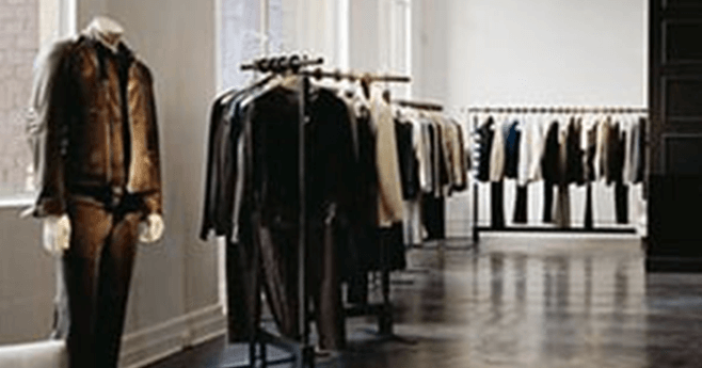The fashion industry relies on creating new brands, new collections, and new product ranges every season to continuously drive growth and sales. According to a Deloitte report, season cycles have now shortened in the fashion industry, making major brands introduce new clothing styles almost every other week instead of the more traditional pace of every two seasons. This phenomenon has been dubbed “fast fashion,” which refers to the rapid production, consumption, and disposal of clothes every season. Major fashion brands use this business model due to its well-organized method of sourcing and production to help meet consumer demand for new styles at the right price.
Fashion brands that adopt this model have been facing increasing criticisms about their environmental footprint and supply chain conditions. An Environmental Leader article notes that the world’s natural resources cannot keep up with the demands of fast fashion. This has prompted the fashion industry to catch up on the sustainability trend.
The clothing and jewelry industry has a great opportunity to promote sustainability in fashion. Fashion is often an extension of the consumer’s personal values; consequently, fashion brands can suitably encourage a more sustainable consumer behavior.
The Pioneers of Sustainability in the Fashion Industry
In recent years, several brands veered away from the fast fashion model and established their own sustainability commitments and strategies. Sustainability leaders in the fashion industry have taken a proactive approach to address the environmental risks in their supply chains.
A BSR report observes that sustainable design in fashion currently focuses on materials selection. Clothing brands today have developed indices that help their designers and product development teams choose the best materials based on environmental impacts throughout the clothing life cycle. Similarly, the jewelry industry also established its own sustainability commitment as the Responsible Jewellery Council (RJC) launched a certification system to endorse its members and promote responsible, ethical, social, and environmental practices in the diamond and gold jewelry supply chain.
Several brands promote sustainability in the fashion and jewelry industry:
- Nike
Nike, a multinational footwear and apparel brand, became part of the FTSE4Good Index Series in March 2013. With sustainable innovation at the heart of its design principle, FTSE4Good recognized Nike’s sustainability strategy. Nike created its own Materials Sustainability Index (MSI), a tool which helps Nike product creation teams select more environmentally-friendly footwear and apparel materials from better suppliers.
- Marks & Spencer
In 2013, Marks & Spencer published its annual sustainability report, outlining their efforts to mitigate their business’ impact on the environment. Considering the millions of global stakeholders that the company interacts with everyday—including corporate and store workforce and walk-in customers—the company recognized its power to create change within society.
- adidas
adidas was chosen to join the Dow Jones Sustainability Indices (DJSI) for the 14th consecutive year. In DJSI’s “Textiles, Apparel & Luxury Goods Industry,” adidas was rated as an industry leader in sustainability and corporate responsibility for the tenth time. Their sustainability innovation team ensures the choice of materials they manufacture will minimize the environmental footprint of their products. adidas avoids oil-based plastic to help reduce carbon emissions and dry-dye clothes to save water, chemicals, and energy across all their sportswear and apparel.
- Reflective Images
Established in 1995, Reflective Images is a jewelry company located in Santa Fe, New Mexico. The company won several awards for excellence as it converted its entire global production to use recycled precious metal. Besides producing designer Celtic jewelry, Reflective Images focuses on artisan sourcing and production. They were the first company in the US that sold a broad range of fair trade gold wedding and engagement rings.
- Trashy Chic
Born from a desire to create unique jewelry that combines a passion for history with a dedication to respect the planet, Trashy Chic begins jewelry designs with reclaimed objects and antique pieces. Located in California, their ‘timeless treasures’ explore worlds of neglect and “dead stock” materials that were never put into production, combining them with reclaimed brass, silver, gold, and various metals.
- Faire Collection
Faire Collection was founded to provide sustainable change to impoverished communities in South America. The company supplies its fair trade products made in Ecuador, Vietnam, and Swaziland to thousands of boutiques around the world, including major clients such as Nordstrom, Anthropologie, DKNY, and J.Jill.
FirstCarbon Solutions (FCS) is a renowned climate change solutions provider. FCS provides expert advice on how to develop solutions for climate change by citing best practice examples on how to incorporate sustainability strategies into your corporate agenda.
For more information or to request a consultation, contact FCS today.






